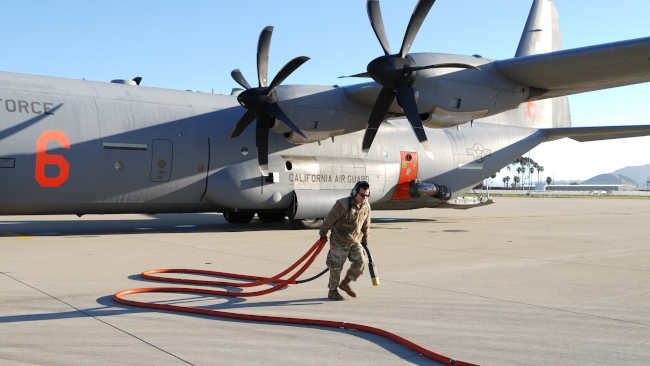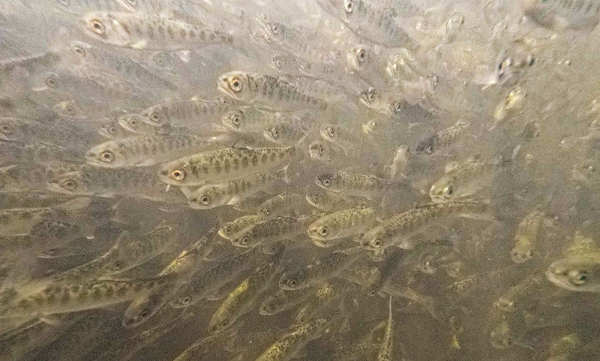- GOVERNOR’S OFFICE
- Posted On
Governor deploys California National Guard to Texas to support wildfire fighting operations

Gov. Gavin Newsom on Monday announced he is activating the California National Guard 146th Airlift Wing based out of the Channel Islands in Oxnard and authorized the deployment of a C-130J Super Hercules aircraft and crew to the state of Texas in support of wildfire fighting operations.
“In times of crisis, Americans stand together. California has built a nation-leading firefighting fleet and we’re proud to lend a helping hand to Texas as the Lone Star State battles the largest wildfire in its history,” said Newsom.
“The California National Guard always stands ready for disaster, and we are proud to lend support for this mission,” said Major General Matthew P. Beevers, adjutant general of the California National Guard. “The 146th Airlift Wing is home to some of the best airmen in the country and are prepared to support state and federal efforts to respond to this natural disaster.”
The 146th Airlift Wing is providing one aircraft to conduct wildland firefighting air operations from March 4-18 in the vicinity of Abilene, Texas.
This mission is in support of the Texas Forestry Service on the Panhandle Fires. The aircraft will stage out of Dyess Air Force Base for the duration of this mission.

The CalGuard’s 146th Airlift Wing known as the “Hollywood Guard” is one of the four C-130 Air National Guard and Air Force Reserve units in the nation that are equipped with the Modular Airborne Fire Fighting System, or MAFFS, supplied by the U.S. Forest Service.
This system is mounted in the aircraft and provides effective suppression with retardant in large wildland fires from the air.
This military air tanker serves as an emergency backup resource to the civilian air tanker fleet used in fighting wildfires nationwide.
Last summer, California provided assistance to Florida and Georgia in response to Hurricane Idalia and sent firefighting resources and personnel to Hawaii and Oregon.
In 2022, California deployed emergency personnel to Florida during Hurricane Ian. California also sent firefighters, disaster recovery experts and other personnel to Oregon, New Mexico, and Montana.
In 2021, California sent firefighting equipment and personnel to assist Oregon’s response to the Bootleg Fire.




 How to resolve AdBlock issue?
How to resolve AdBlock issue? 




